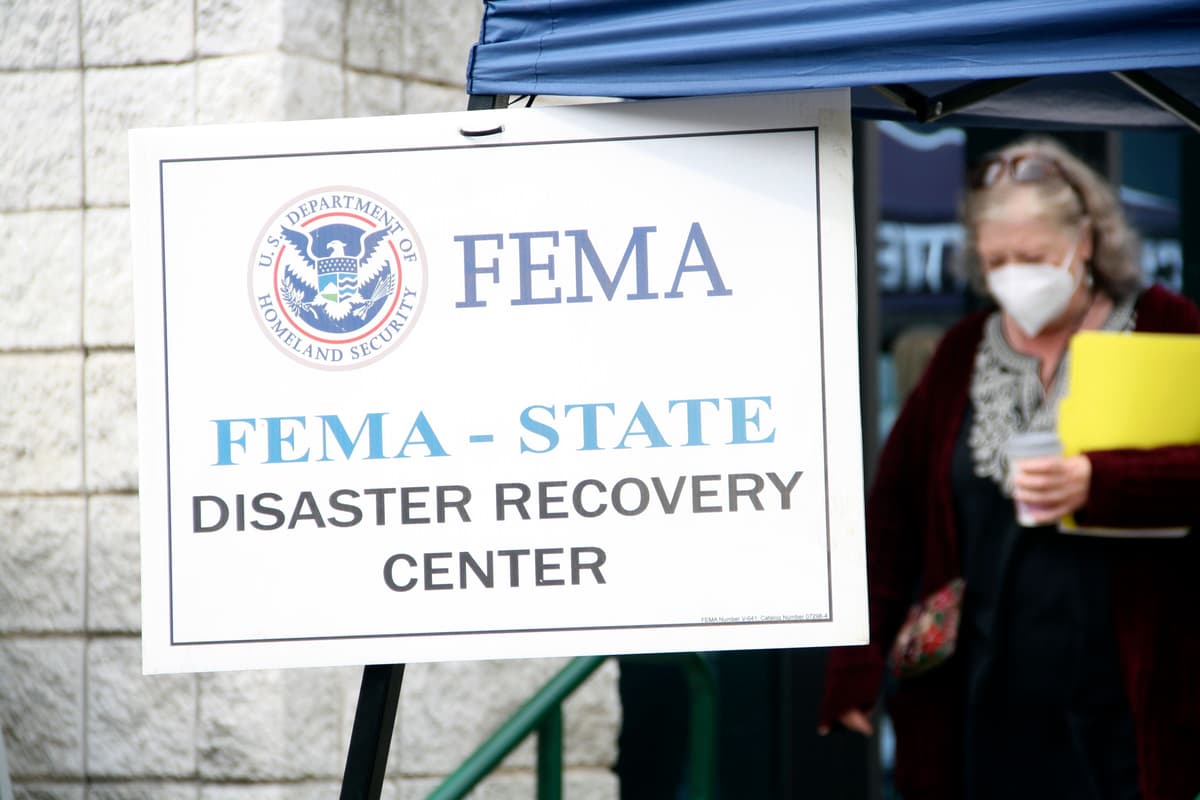The head of the Federal Emergency Management Agency (FEMA), David Richardson, has resigned after a brief six-month tenure marked by controversy and criticism. His resignation, announced on Monday, follows his appointment in May 2024 amid the Trump Administration’s controversial plan to dismantle the agency. Richardson’s departure comes as a result of internal issues, as sources indicate that FEMA was preparing to oust him.
Richardson, a former Marine Corps artillery officer, had taken over the agency after Cameron Hamilton was removed by Kristi Noem, the Secretary of Homeland Security, for publicly opposing the White House’s intentions regarding FEMA. In a resignation letter submitted to the Department of Homeland Security, Richardson provided two weeks’ notice, although it is reported that his exit was not voluntary.
During his short time in office, Richardson maintained a low profile, often being inaccessible to both the public and FEMA staff. This lack of engagement was particularly notable during the catastrophic floods in the Texas Hill Country last July, which resulted in the deaths of at least 138 individuals, including several children at Camp Mystic.
Signs of Richardson’s impending resignation had reportedly been evident for months, with current employees stating that he spent limited time on daily operations and appeared to withdraw from his leadership responsibilities. His own comments suggested a lack of ambition for the role; he reportedly stated he did not expect to remain in the position beyond Thanksgiving.
The current administration has claimed that under President Joe Biden, FEMA intentionally avoided visiting homes of Trump supporters in the aftermath of hurricanes Helene and Milton during the crucial period of the 2024 presidential campaign. This assertion led to the establishment of a review council through a January executive order by Donald Trump, citing “serious concerns of political bias in FEMA.” The move followed an incident where a FEMA employee allegedly neglected pro-Trump homes during disaster relief, asserting she was merely “following orders.”
In April 2025, a probe conducted by FEMA’s Office of Professional Responsibility concluded that there was no evidence supporting claims of systemic bias or directives from agency leadership regarding disaster relief operations. This finding raises questions about the motivations behind the previous administration’s actions concerning FEMA’s operational integrity.
As the agency prepares for the challenges ahead, the leadership transition adds to the ongoing scrutiny of FEMA’s role in disaster response and recovery efforts. The future direction of the agency remains uncertain as it continues to navigate the complexities of political influences and public expectations.
